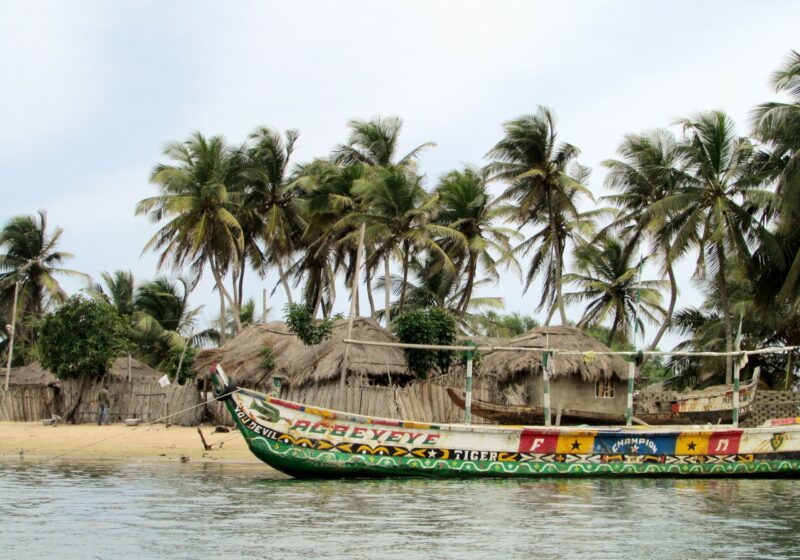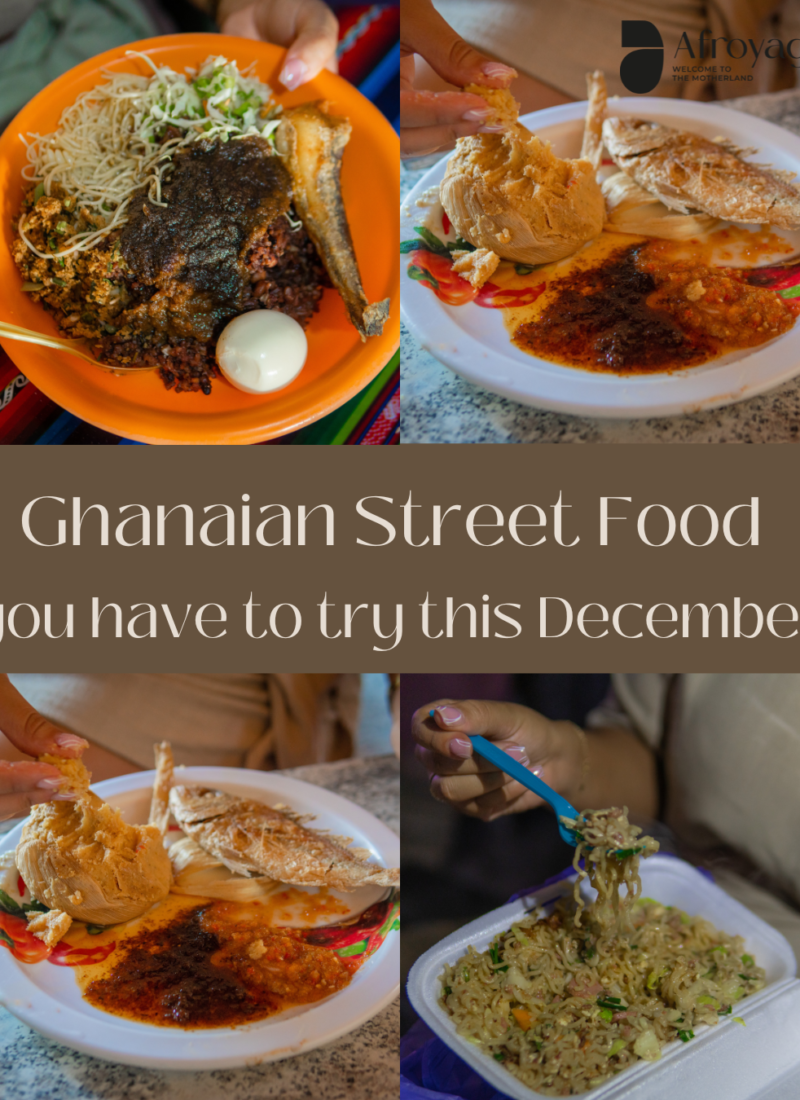You’ve made your mind up: You want to travel to Ghana. First of all, I want to say that I am happy you are coming! And I can promise you that you will love it here! I’m sure you will enjoy your trip even more if you know about some basic facts about Ghana. Here is some useful information along the lines that will definitely come in handy for you.

VISA
Now depending on the kind of VISA you need and the country you’re flying from there are different documents required from you. You will definitely need:
Your passport (valid for at least six months from the date of departure)
– A passport copy
– A biometric photo
– Yellow Fever Vaccination
Double-check with the Ghana embassy what documents they require in order for you to successfully apply for your VISA to Ghana. At this point, I can advise you to not wait too long for this application. Plan to send your documents off to the embassy at least 6-8 weeks before departure. You do not want to stress about your passport and VISA not coming on time just days before your flight.
Currency in Ghana
Ghanaians use the currency ”The Ghanaian Cedi” (GHS) across the whole country. As of this writing, the USD exchange rate is 1 USD = 5,74 Ghanaian Cedi, the EUR is 1 EUR = 6,82 Ghanaian Cedi and the British Pound is 1 Pound sterling = 7,91 Ghanaian Cedi (23 Mar, 13:42 UTC).
The Cedi ranges from 1, 2, 5, 10, 20, 50, 100, and 200 cedi notes to 1, 5, 10, 20 and 50 coins called pesewas. There is also a one-cedi coin.
When you land at Kotoka Airport I advise you to head towards the Forex Bureau and change some money so you’re not completely without cash. The exchange rate may not be the best but it’s good to always have some money on you before heading out of the airport.
Whenever I leave the country I keep the rest of my money for my next approaching trip in a spare purse. this way you can bring it along next time. Changing Cedi’s back to Dollars or Euros is simply not worth it, keep that change and make use of it next time you come.
The weather in Ghana: Months & Seasons
When planning your trip to Ghana you definitely need to have in mind that the weather changes throughout the year. The best time to travel to Ghana weather-wise will be anytime between October to March. During these months the climate tends to be a bit cooler and not as humid.
Keep in mind that around December the Harmattan season starts, meaning that the Saharan wind blows which causes dust and very dry skin. You will find yourself with ashy legs and arms after just a couple of hours outside and the air gets super dry. Covering most of your body parts and making sure you drink enough fluids should help you get through the Harmattan season.
International Airports
Ghana’s modern developments speak for themselves. We can now count four international airports in total which allows people to travel to several different destinations worldwide.
Kotoka Airport
When you first land in Ghana you will probably arrive at Kotoka International Airport (KIA) in Accra. It is Ghana’s biggest airport with flights to 27 destinations in 21 countries and the biggest capacity for large aircraft. During the times of COVID-19, Ghana has enforced a range of new measures to make sure safety is provided at all times. This includes checking temperature, the wearing of face masks as well as social distancing.
The airport staff sanitizes and follows health protocols on-board intensively. I passed through the airport myself and can attest that I was beyond impressed with the enhanced safety measures at the airport, just like many other passengers.
Travel Insurance
Many people may think that travel insurance is not necessary or heavily overpriced. I can only advise you to do your research, you will soon find out why travel insurance is very much necessary when traveling abroad.
You do not want to be in a situation where you need medical help and struggle because you are not financially secure. This can range from an injury while traveling to a needed hospital stay when feeling sick. Being protected in case of unexpected emergencies gives you peace of mind.
On top of that, it can save you a lot of money in case something really happens. The price of your travel insurance ranges depending on your length of stay, age, medical history, and activities. It should not cost you a fortune and you will definitely be on the safer side.
When looking at which kind of travel insurance to get you to need to consider a couple of things. Firstly you want to make sure that your insurance has sufficient coverage to actually pay for your medical expenses.
This is important in case you get injured or need to stay in a hospital. You should be secured in both cases, injury as well as illness. Also, double-check that your transportation costs will be covered in case of needed transportation or emergency evacuation.
There are many different companies offering different kinds of services customized to your personal needs. You can dive in and personalize your travel insurance the way you want to.
Languages & Local Dialects in Ghana
Ghana is a place where a range of different dialects and languages are spoken. There are many regional dialects and depending on which area you will travel to you might hear completely different ones.
The most widely spoken native languages spoken in Ghana are Twi, Ga, Ewe, Fante, and Dagomba. There are many more regional dialects spoken across the whole country.
The official language remains English, due to Ghana’s colonial history. English is mainly used for official appointments, legal documents, and procedures.
You will also come across people speaking pidgin English, especially amongst the youth. It may be hard to understand at first but you can definitely catch up on some phrases and words spoken in pidgin.
Knowing some basic sayings in Twi will definitely come in handy when staying in Accra. Almost every person you interact with is able to speak English and understands you as well. But if you make an effort to learn some basic sayings in any local language you show that you’ve made an effort to research.
What about crime in Ghana?
The most common crimes you as a traveler should be aware of are pickpocketing, purse snatching, and different kind of scams. Especially when moving around in crowded areas like the marketplace, the beach, and when going out at night.
You can reduce the chances of getting into potentially dangerous situations by simply being cautious and avoid attracting too much attention. Locals can always tell who a foreigner is and by displaying large amounts of money or jewelry you increase the chances of being seen as a potential victim.
By applying some common sense and not putting yourself in potentially dangerous situations you will be fine. Things you wouldn’t do at home (walk alone very late at night, leave your valuables unattended, flash expensive items, etc.) you definitely shouldn’t try abroad. You are at a disadvantage simply because you are in a completely new environment so play it safe and don’t take any unnecessary risks.
When packing your bags to fly to Ghana I can only advise you to not pack any valuables into your big check-in bags. Chances are high they will look into it and take valuables out of it. Always secure your bags with a lock or wrap them at the airport for extra security.
Cheers!




Leave a Reply
You must be logged in to post a comment.